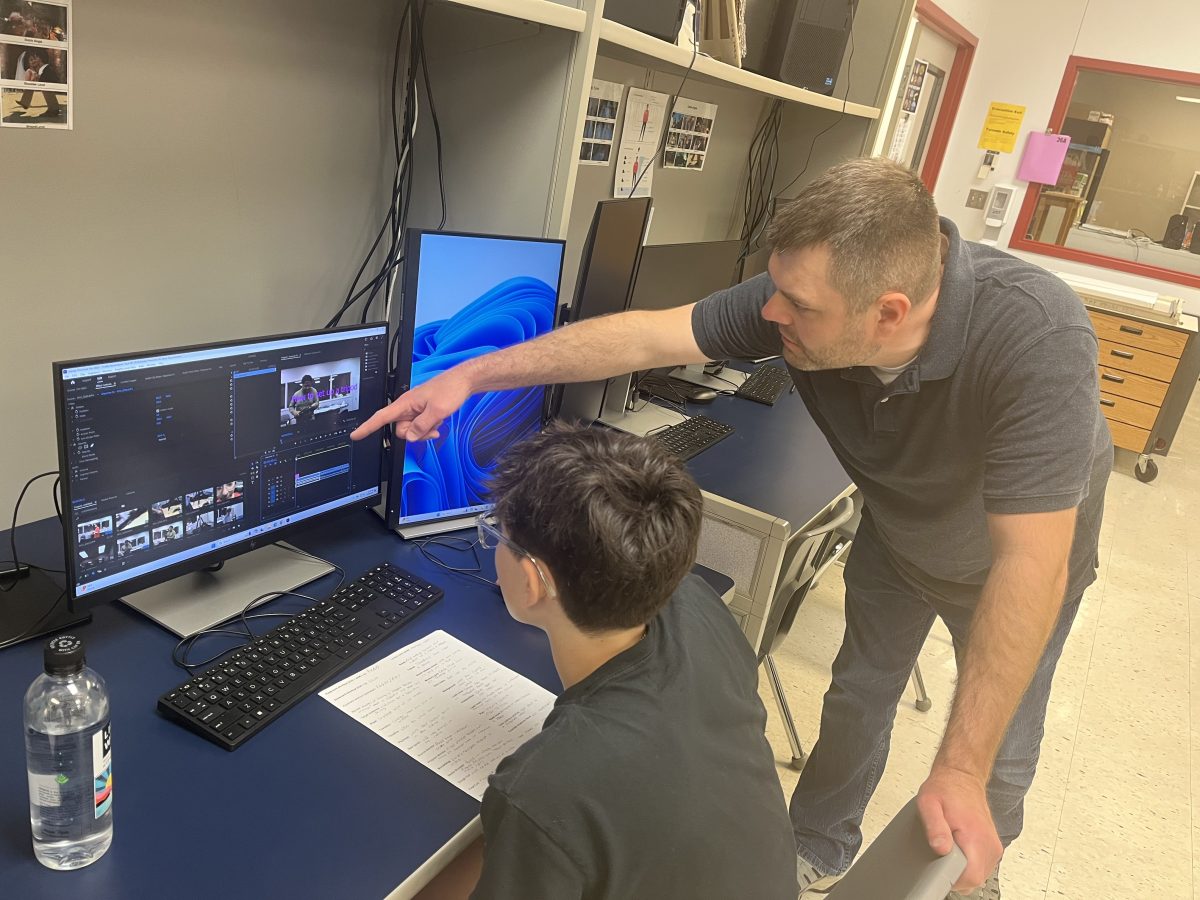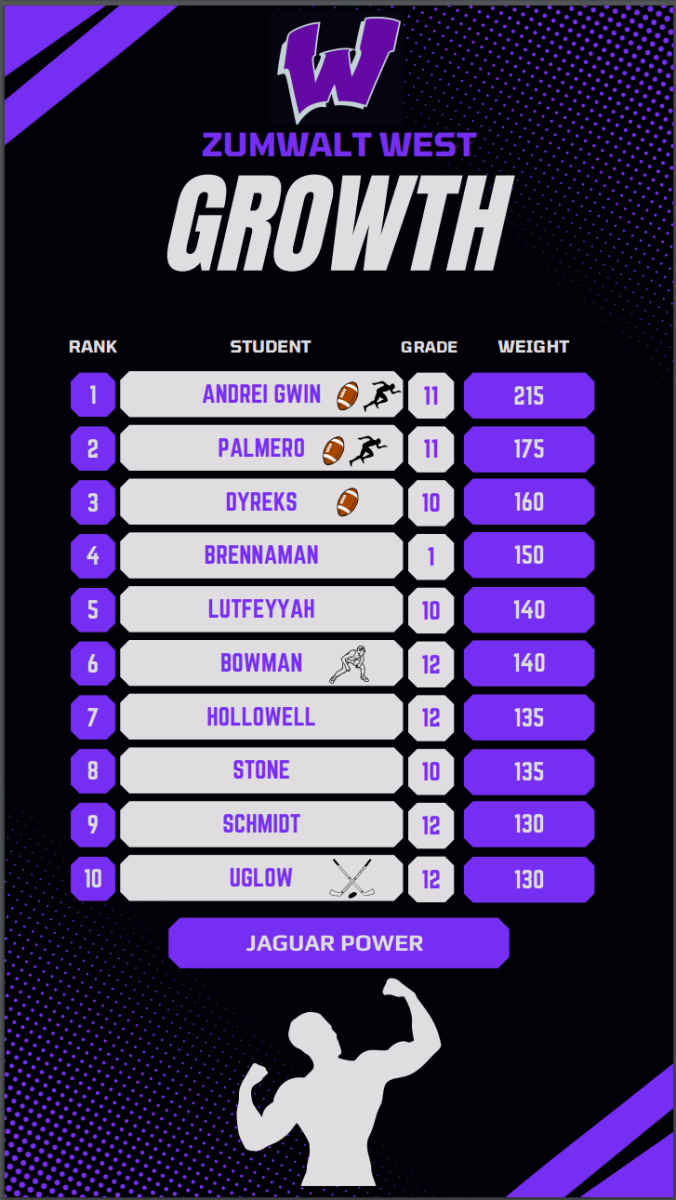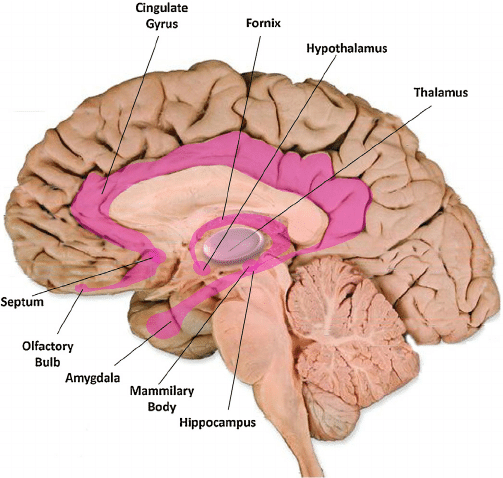Some people play music before a big game, others during a long car ride. Music even finds its place during a sad moment or at a party. In these examples, songs are played to create an atmosphere, which raises the question: can music affect mood?
The short answer is, yes; when listening to music, there is an increase of blood flow to the brain, which is then sent to the limbic system that controls emotions and memory, according to pfizer.com.
For instance, upbeat music releases dopamine in the brain, effectively making someone happier, according to pplprs.co.uk.
“In the locker room we like to listen to a lot of Drake, Youngboy, King Von, rap, that kind of stuff,” varsity football player Alexander Dobbs said. “[It] hypes me up. [It] makes you feel ready.”
Similarly, stress can be relieved by calm, soothing music. It can act as a distraction from a stress inducing situation. Though it may sound counter intuitive, heavy metal has been linked to lower blood pressure, which also can relieve stress, according to pplprs.co.uk.
Listening to music has been proven to help physically as well as mentally. Patients listening to music during surgery were reported to need less pain medication than those who did not. In addition, dementia patients had improved confidence and mood, according to aimm.edu.
Music reaches the brain in more ways than one. Studies have shown that people who have suffered brain damage, and can no longer differentiate melodies, can still tell the mood portrayed in music, according to pfizer.com.
Playing music can also activate parts of the brain like the hippocampus, nucleus accumbens, amygdala and the prefrontal cortex, keeping the brain alert and exercised. In fact, playing an instrument at age 60 or above can help with preventing and slowing memory loss, converting thoughts to words and ability to reason, according to pennmedicine.org.
“Mentally, [music] has made me feel more at peace,” trombone player Conor Lestina said.



































